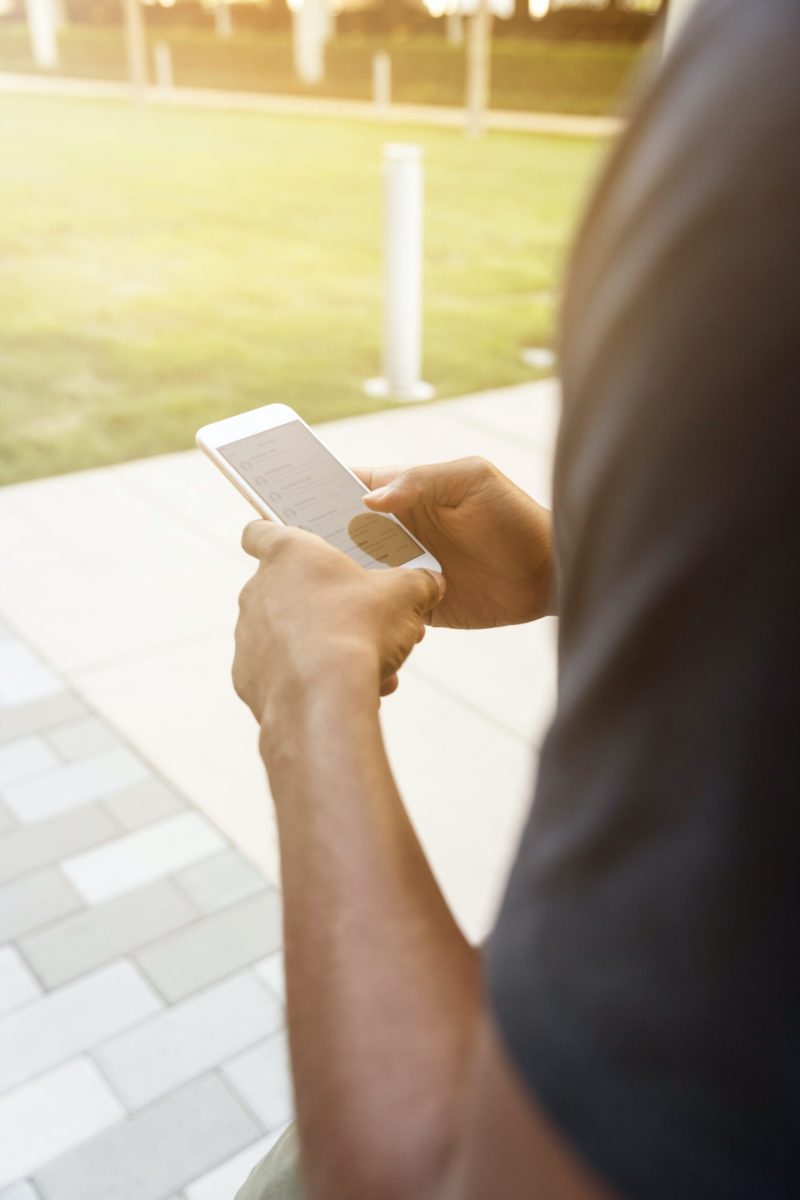During the COVID-19 pandemic, getting information to residents fast has been among the important work of the response. This need has meant agencies are turning to tools that can communicate lots of detail in a simple format, and reach out to residents where they’re already looking.
In Maryland, one of these tools is a text message platform. MDReady, and Spanish-language version MDListo, allows residents to sign up by texting “MDReady” to 898-211. Operated by 211 Maryland, the service saw a recent uptick in users as Gov. Larry Hogan announced the state’s move to widen distribution of the COVID-19 vaccine, and now has more than 96,000 subscribers.
211 Maryland, which is a nonprofit, runs the 211 call line where people can turn to find health and human services information, like mental health, crisis needs, food and utility assistance. It has an official charge from the state, and runs four centers around the state that handle thousands of calls, and draw on a database of resources. Its call centers saw an influx from people seeking information during the pandemic.
“You have to meet folks where they are, and ensure that they have an accessible way to get help, whether by phone through text or chat,” said Quinton Askew, CEO of 211 Maryland.
Drawing on the state government’s Maryland Emergency Management Agency to send text message updates about disasters, 211 started operating the service for COVID-19 response in February so it could proactively reach out to residents. The vaccine rollout in 2021 has marked the biggest increase in opt-ins yet. After Hogan asked residents to opt in at his Jan. 4 press conference, it brought a 52% increase in subscribers in two days.

211 Maryland has also stood up push alert campaigns focused around specific health and social services areas that are of concern during the pandemic. MDHope, created in partnership with RALI Maryland, provides information on opioid treatment and medication, as well as messages of support. MDMindHealth, created via partnership with the state health department’s Behavioral Health Administration and UMBC, is focused around mental health, offering motivational messages and resources for crisis services and counseling. There’s also MDAging for older adults and MDCom2Vets for veterans.
Using Educational Message Services’ PreventionPays platform, 211 Maryland can create a campaign that offers signups by texting a specific keyword to 898-211, and send out the messages.
“If someone did reply it would trigger one of our centers, which has specialists on the other end who are managing the texts that come in,” said Kenyn Benjamin, 211 Maryland’s director of operations.
The effort shows the evolution of an information line, reflective of how state government and nonprofits with focused tools can work together.
“Being able to have a platform that is useful for everyone has brought a broader awareness of all the services and resources that we provide that really touch all Marylanders,” Askew said. “It allows us to provide information that anyone can use.”







